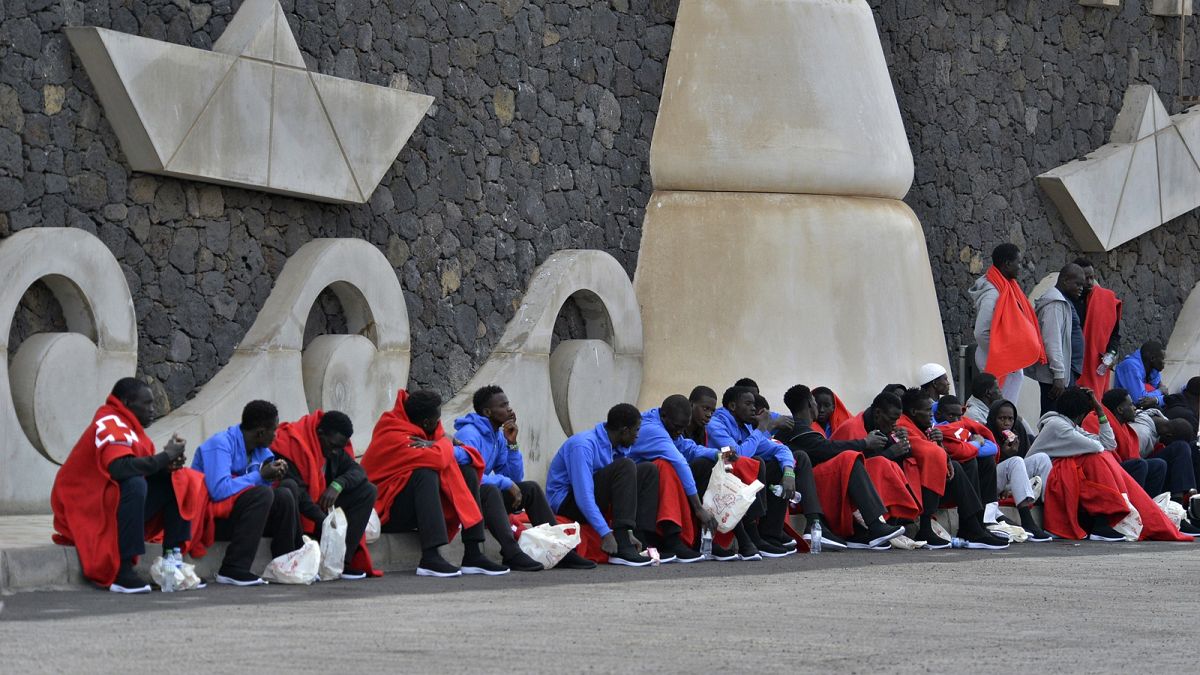- cross-posted to:
- europe@feddit.de
- cross-posted to:
- europe@feddit.de
The European Union has completed the reform of its migration and asylum policy, a watershed moment that for a decade proved stubbornly elusive.
The tortuous and often explosive undertaking came to an end on Tuesday morning, as member states gathered to give the very final green light to the five regulations that make up the New Pact on Migration and Asylum, an all-encompassing overhaul that seeks to ensure all countries, regardless of location, shoulder their fair share.
Among other things, the New Pact envisions stricter rules to expand the screening of applicants, carry out health and security checks, speed up examination procedures and provide counselling free of charge. Its main novelty is a system of “mandatory solidarity” that would give governments three options to manage asylum seekers: relocate a certain number, pay €20,000 for each one they reject, or finance operational support.
…
As expected, Poland and Hungary, the most ardent critics, voted against the entire package of legislation. Since the reform was presented in 2020, the two have consistently resisted the system of “mandatory solidarity,” falsely claiming it would force them to accept migrants against their will.



This is the best summary I could come up with:
The tortuous and often explosive undertaking came to an end on Tuesday morning, as member states gathered to give the very final green light to the five regulations that make up the New Pact on Migration and Asylum, an all-encompassing overhaul that seeks to ensure all countries, regardless of location, shoulder their fair share.
Among other things, the New Pact envisions stricter rules to expand the screening of applicants, carry out health and security checks, speed up examination procedures and provide counselling free of charge.
Its main novelty is a system of “mandatory solidarity” that would give governments three options to manage asylum seekers: relocate a certain number, pay €20,000 for each one they reject, or finance operational support.
For the bloc, the path to the finish line has been all but easy: the idea of having a common, predictable rulebook to handle the irregular arrivals of asylum seekers has been on the table since the 2015-2016 migration crisis, which turned the issue into political dynamite and bitterly split countries into opposing camps.
Western and northern countries demanded stronger accountability and enforcement at the external borders while eastern states resisted any initiative that resembled a relocation quota.
Donald Tusk, who has vowed to reset Warsaw-Brussels ties after eight years of tensions under the hard-right Law and Justice (PiS) party, has maintained his predecessor’s official line, denouncing the New Pact as “unacceptable” for his country.
The original article contains 1,002 words, the summary contains 234 words. Saved 77%. I’m a bot and I’m open source!